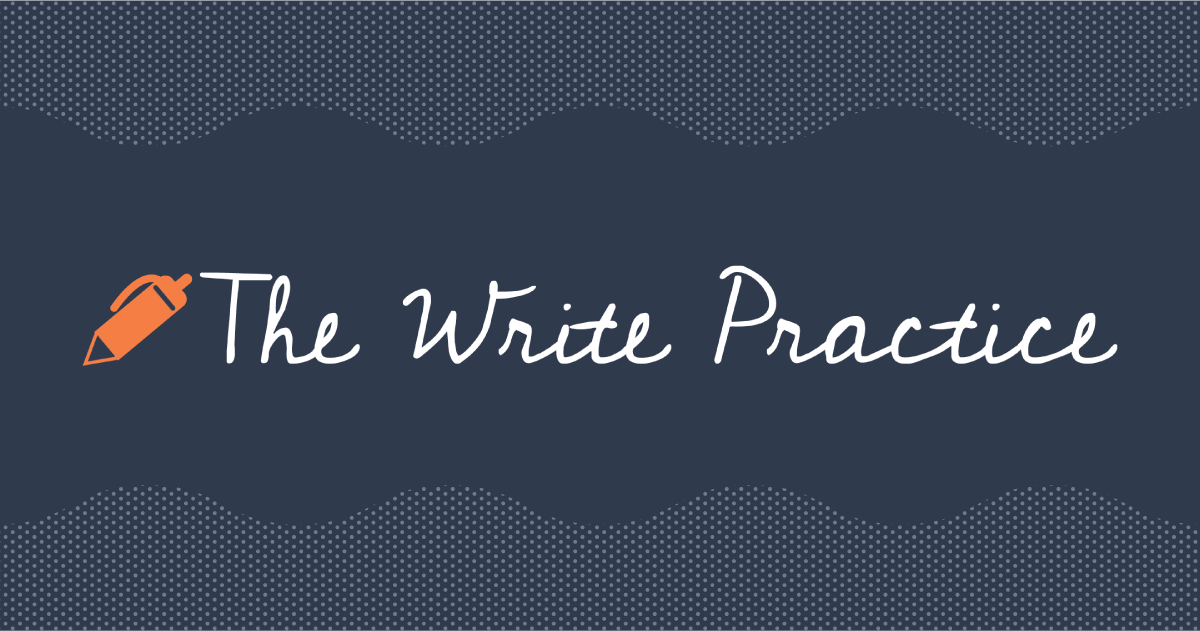6 Writing Habits to Write More
If you’re wondering how to write more or what good writing habits to adopt, this post is for you. Writing is hard work. It just is. Even though we all, in various ways, communicate with the written word daily, writing is not something one can master. But we can all push ourselves to be more consistent and capable writers by setting and following good writing habits.
If you just rolled your eyes and said “obviously Paul” at your screen, bear with me. But that doesn’t mean building good writing habits can’t be enjoyable too.
Building a Writing Habit
I believe that the most important way to write more and write better is to read more. Not reading regularly as an author or creator would be like a professional athlete not playing their chosen sport; it just doesn’t make sense.
Develop your reading habit alongside your writing – they’ll complement and reinforce each other as you develop new routines. These are the ways I personally have developed my daily writing exercise.
1. Write Every Day - Pick a time and stick to it!
2. Set Writing Goals - Set a word count for your daily writing.
3. Devote Time To Writing - Set aside time, whether it’s 10 minutes or an hour.
4. Location, Location, Location - Dedicate a spot as your ‘writing space.’
5. Edit Later - Typos don’t matter in the first draft.
6. Create And Track Metrics - Measure your success and adjust your goals.
1. Write Every Day
Period. Don’t make excuses. Your Birthday? Write. Christmas? Write! Your wedding day? Yeah, keep writing.
Write every single day.
What you write does NOT matter much. You just need to write. Even if all you do is list ideas, write a letter to your mom, or describe the scene outside your window; it’s all good.
I’ve suffered for a long time from thinking that anything I wrote that wasn’t contributing to my work or my stories was wasted time and energy. This could not be further from the truth.
What changed my mind was 750words.com. This site is just so simple: write 750 words every day. The site is just a blank page along with a ton of tracking to help you see the word count and when you write the most.
Another helpful way to foster a daily habit is to use a note-taking app. Developing a personal wiki for your book is the perfect way to supplement your daily writing habits. If you’re writing daily but are struggling to work on your book, spend your writing time creating character outlines, researching backgrounds, or anything else that will support your writing.
2. Set Writing Goals
There is a reason 750words.com isn’t 3000words.com; writing 750 words in a day is very reasonable. Setting a smaller, achievable goal is one of the better ways to form habits.
You won’t keep trying to meet goals you never get close to meeting. Your goals should be realistic and achievable; something you can (and will) do every day.
Right now, I have three daily writing goals:
- Do 750 words of stream-of-consciousness writing
- Get 1000 words written for work
- Write another 1000 words of ‘personal’ writing
Yeah, I set myself a goal of almost 3000 words a day. But the word count doesn’t really matter. What does is that you’re getting words out of your head and down on paper (or your screen).
I think an initial goal of 750-1000 words a day is basically perfect. If you’re feeling like it’s too much, 500 words are completely reasonable too. Remember that your goals can change, so don’t overwhelm yourself right out of the gate.
3. Devote Time to Writing
For a long time, I thought this was a silly exercise. I didn’t need to devote time to writing, I told myself because I love to write so I’ll just write whenever I want.
If you want to develop habits, you can’t think as I did. It’s not conducive to creating a structure. I (foolishly, naively) assumed my passion would drive action. That is so very wrong. Habits are formed by doing; when you rely on desire to prompt you to do you are toying with failure before you even get started.
If you want to build a writing habit, do yourself a favor and set aside time every day. That might be 30 minutes before work each day, at lunchtime, immediately after work, or right before bed. Just create a schedule and stick to it.

Create Your Book
Use Lulu's free templates to easily create and publish your book today.
4. Location, Location, Location
Where you are when you write can have a huge impact on your engagement and how much you write. I personally thought this was nonsense for a very long time. My (faulty) logic went like this: I write from a variety of places and I’m happy with how much I’m writing.
I was wrong. So wrong.
From my own room to a cafe or pub, to a park bench, I would take my laptop where I needed to get some words written. But this kind of transient writing prevented me from really engaging in my story or the creative writing exercise I wanted to do. I was doing some writing, but not nearly as much as I could have been.
My first foray into a dedicated writing space was a simple desk and chair. I used that space every morning to just write. Either my 750 words or some assignment or plugging along on a story. The difference in output and quality was staggering.
Basically, we write better when we’ve got a ‘spot’ that is our writing spot. Where that is will vary based on what inspires you. I do best with a comfy chair and a quiet, private space. I control the lighting and music. For others, that perfect spot might be a crowded bar or public museum.
Wherever that spot is, be on the lookout and when you find it, embrace it. Owning your writing space reinforces your writing habit.
5. Edit Later
Here’s a quote I am sure you’ve seen plenty of times:
Write Drunk; Edit Sober.
- Ernest Hemingway
There’s a lot to unpack in Hemingway’s very short statement; likely the reason it’s been repeated so often.
First, while Hemingway might literally mean “get drunk and write” you don’t have to slam a handful of IPAs before sitting at your computer. That’s what worked for him, but it might not work for you.
What you should do is think about what gets you in the right mood to write. For me, it’s usually a fresh cup of coffee, a tactile keyboard, and some sweatpants. So; comfort. I write best when I’m comfortable.
But most important is the second half of Hemingway’s quote: “Edit sober.”
What he means is to set yourself in a different, possibly opposite, state of mind to edit. That means that we should hold editing as the near-polar opposite of writing.
The state of mind you need is different and the exercise of editing is very different. So don’t do it while you’re writing. For my example, I don’t exactly make myself uncomfortable when editing, but I do edit in the evening (I usually write in the morning) and I do it away from my desk (usually with printed pages and a red pen).
What matters most here is that we separate the editing from the writing. I don’t even like to use Grammarly or the like when I’m writing because instant feedback can be distracting. You have to focus on the output, not the accuracy when you’re writing. Get the words on the paper now; think about editing later.

Your Free Lulu Account
Create a Lulu Account today to print and publish your book for readers all around the world
6. Create And Track Metrics
This one is, in my opinion, the hardest writing habit to establish and keep up. Unless you’re already a fan of data and tracking metrics, this is going to be a new experience.
But oh boy is it helpful.
The most visible metric is words per day. National Novel Writing Month (NaNoWriMo) is basically a writing-metric practice for authors. You set a goal (50,000 words in 30 days) and work daily to hit the required word count (about 1,667 per day). Metrics!
If you’re working on habit #1 (writing every day) then you’re already set to track your word count too! If you’re like me and use Google Docs, you can even use cool add-ons to set and track word count goals.
You can also track time spent writing, but I think word count is more important.
Writing Habits And Content Ideas
We write best when we write.
If you don’t have anything to write, you should practice free writing. Here’s another awesome four-word quote from a famous writer:
Don’t think; just write!
- Ray Bradbury
Bradbury is on to something here. Freewriting is the act of just writing whatever comes to mind. Incoherent, fragmented thoughts are welcome. Brainstorming is a must, and punctuation is optional. So long as you’re writing.




